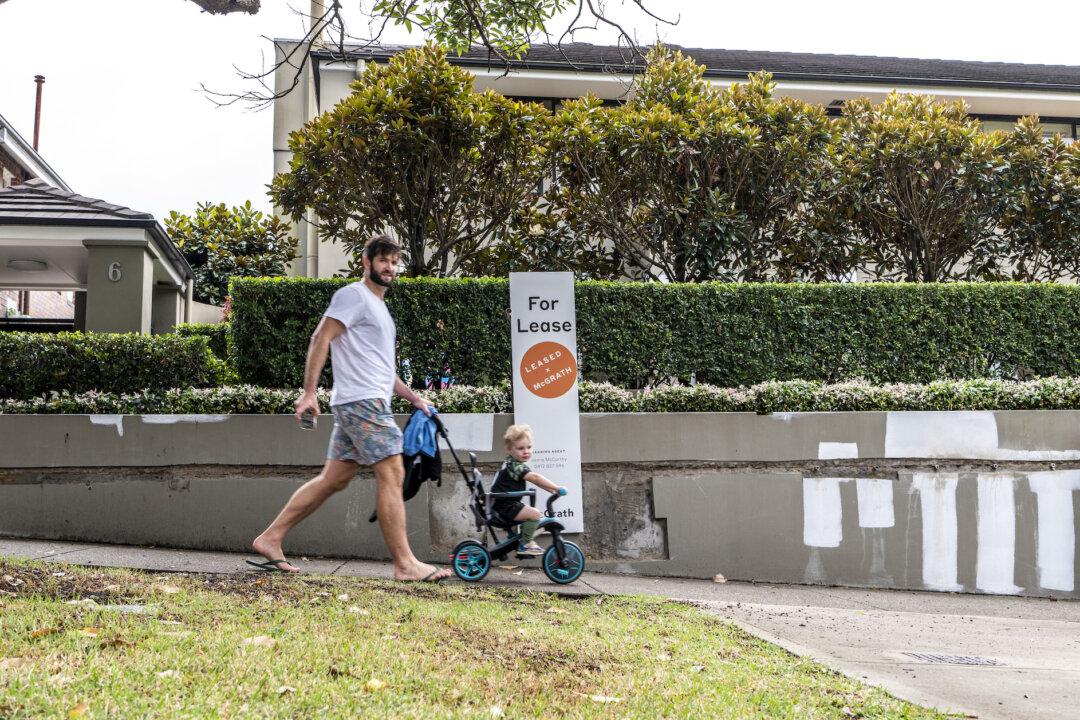West Australian (WA) renters will continue to face no grounds evictions for the foreseeable future after a fifth state set about outlawing the practice.
South Australia (SA), over the weekend, revealed plans to stipulate tenancies could only be ended for a prescribed reason.





